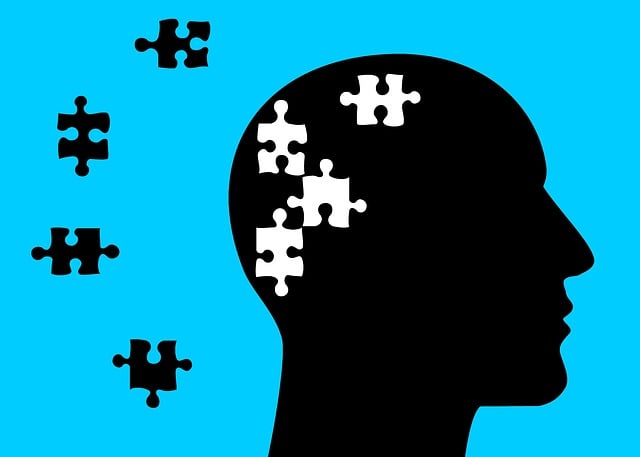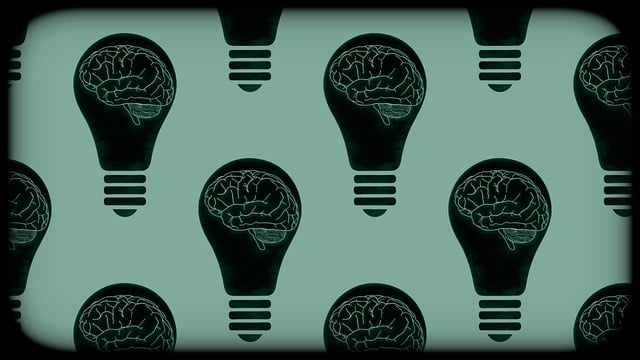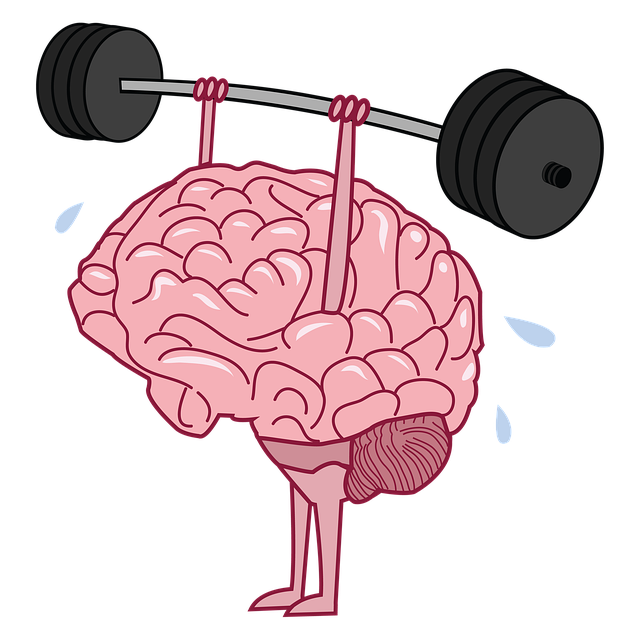Denver's Crisis Intervention Teams (CITs) are enhancing their response to mental health crises through specialized training from Denver ADD-ADHD Therapy. This multidisciplinary approach combines emotional intelligence, risk management, and evidence-based practices tailored to Attention Deficit Disorder (ADD) and ADHD. The program's comprehensive curriculum, including role-playing and case studies, equips professionals with skills for de-escalation, stigma reduction, and connecting individuals with long-term care. By fostering open communication and emotional resilience, these training programs contribute to building resilient communities, improving mental health outcomes, and reducing service burdens.
Crisis intervention teams (CITs) play a vital role in addressing mental health crises. This article delves into the essential training programs that equip professionals with the skills needed to support individuals in distress. We explore the foundational concept of CITs, highlighting the crucial contributions of Denver ADD-ADHD Therapy in refining these programs. From essential training components to their profound impact on community systems, we provide a comprehensive guide, emphasizing the real-world application of these strategies.
- Understanding Crisis Intervention Teams: A Fundamental Overview
- The Role of Denver ADD-ADHD Therapy in Training Programs
- Essential Components of Effective Crisis Intervention Training
- Benefits and Impact on Community Support Systems
- Implementation Strategies for Real-World Application
Understanding Crisis Intervention Teams: A Fundamental Overview

Crisis Intervention Teams (CITs) are specialized groups of professionals trained to respond swiftly and effectively during times of crisis. These teams play a crucial role in communities, especially in settings like schools, workplaces, and healthcare facilities. In Denver, ADD-ADHD therapy has been integrated into CIT training programs, highlighting the importance of addressing both mental health and behavioral crises holistically.
CIT members are typically comprised of various experts such as mental health professionals, social workers, law enforcement officers, and emergency medical personnel. Their primary goal is to de-escalate high-risk situations, provide immediate support, and connect individuals in crisis with appropriate long-term care. Risk Management Planning for Mental Health Professionals is a key aspect of CIT training, ensuring that team members are equipped with strategies to manage their own emotional well-being while assisting others. The Emotional Intelligence of team members also plays a significant role, as it enables them to understand and respond sensitively to the unique needs of each crisis situation. Additionally, the Mental Wellness Podcast Series Production has emerged as a valuable tool for CIT training, offering accessible resources that enhance continuous learning and foster community-wide mental health awareness.
The Role of Denver ADD-ADHD Therapy in Training Programs

Denver ADD-ADHD Therapy plays a pivotal role in crisis intervention team training programs, offering specialized expertise that enhances the effectiveness of mental health professionals. With a deep understanding of Attention Deficit Disorder (ADD) and ADHD, Denver ADD-ADHD Therapy provides tailored education and skills development to equip teams with the knowledge necessary to handle crises involving individuals with these conditions.
Their comprehensive programs go beyond surface-level awareness, delving into the intricate dynamics of ADD and ADHD in various crisis scenarios. By integrating evidence-based practices and strategies, participants gain valuable insights into risk assessment and effective interventions, fostering a more robust Mental Health Awareness within the team. This specialized Mental Health Education Programs Design ensures that professionals are prepared to navigate complex situations, thereby enhancing overall Mental Health Awareness and outcomes for individuals in crisis.
Essential Components of Effective Crisis Intervention Training

An effective crisis intervention team training program is built on a strong foundation of key components that prepare individuals to handle high-stress situations with confidence and care. At its core, Denver ADD-ADHD Therapy emphasizes Mind Over Matter principles, empowering trainees to harness positive thinking as a powerful tool for de-escalation. By fostering an environment where open communication strategies are the norm, rather than the exception, these programs equip participants with essential skills for navigating crises successfully.
The curriculum should strike a balance between theoretical knowledge and practical application. Trainees must not only understand the concepts of crisis intervention but also learn to implement them effectively in real-world scenarios. Through role-playing exercises, case studies, and group discussions, individuals gain invaluable experience in managing diverse crises, promoting emotional resilience, and fostering positive outcomes for those in distress.
Benefits and Impact on Community Support Systems

Crisis intervention team training programs play a pivotal role in enhancing community support systems and fostering a culture of resilience. Through these structured initiatives, individuals learn to recognize and respond effectively during times of crisis, whether it’s a mental health emergency or a traumatic event. The benefits are far-reaching, equipping participants with essential skills to provide immediate and compassionate support. This, in turn, helps to reduce the burden on existing services and encourages community members to take an active role in supporting one another.
In Denver, for instance, ADD-ADHD Therapy has integrated crisis intervention training into their programs, focusing on compassion cultivation practices. By teaching participants how to manage their own stress and emotions during high-pressure situations, these initiatives enhance the overall mental health of the community. Moreover, the development of self-care routine strategies within these programs ensures that individuals are better equipped to handle personal crises while also being prepared to offer Trauma Support Services to their neighbors.
Implementation Strategies for Real-World Application

Effective crisis intervention team (CIT) training programs must go beyond classroom instruction and incorporate practical implementation strategies for real-world application. By integrating these tactics, CIT members can better prepare themselves to handle a variety of high-stress situations in their communities. One such strategy is role-playing exercises that simulate common crisis scenarios, allowing participants to practice communication skills, conflict resolution techniques, and mental illness stigma reduction efforts. This hands-on approach ensures individuals are not just memorizing protocols but truly understanding how to de-escalate potentially dangerous situations.
Additionally, ongoing support and mentoring within the team are crucial for successful deployment. Regular meetings and debriefings after each intervention help CIT members process their experiences, share insights, and refine their techniques. Encouraging open dialogue about Depression Prevention strategies and emotional well-being can further enhance these discussions. Denver ADD-ADHD Therapy programs, for instance, have found that fostering a supportive team environment improves not only individual performance but also the overall effectiveness of crisis interventions in diverse settings.
Crisis intervention team (CIT) training programs, enriched by the expertise of Denver ADD-ADHD Therapy, play a pivotal role in equipping individuals with the skills to navigate and de-escalate crises effectively. By focusing on essential components like communication, de-escalation techniques, and mental health awareness, these programs foster robust community support systems. The benefits extend far beyond individual growth, as trained CIT members can significantly impact public safety and well-being. Implementing these strategies in real-world settings ensures that communities are better prepared to handle crises, ultimately enhancing the resilience and safety of everyone involved.














